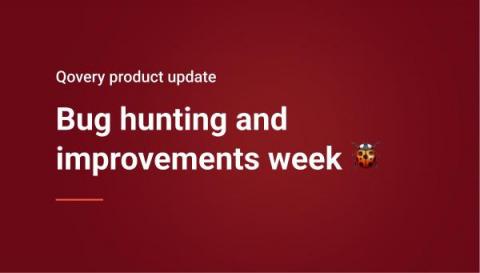Operations | Monitoring | ITSM | DevOps | Cloud
Latest News
Customer centricity - the digital transformation driver in the logistics sector
It was clear that reality had begun to shift, and that what once would have been horrifying — the outpouring of rage against a backdrop of constant, low-grade mistrust — had become the new normal. This is how the author of the New York Times described the stories of the irate customer behaviour that started showing in the time of pandemic.
What is MongoDB and why use it for modern web applications?
Organisations of different scales and forms want to harness the power of data to identify new business opportunities and improve current business operations. Organisations that use data effectively can hold a potential advantage – the ability to make faster and more informed business decisions. However, working with data can be a long-standing problem for businesses and functions, especially in data management and software development.
5 Takeaways From StackState Customer Reviews on G2
StackState competes in a crowded market, and “getting found” by potential customers is a major challenge. One of the tactics we initiated recently was to raise our profile on G2, a popular website focused on end-user reviews of many different categories of technology offerings.
How to Keep DevOps in Sync with Business Needs
Canonical Ubuntu 22.04 LTS is released
London, 21 April 2022. Canonical Ubuntu 22.04 LTS is now generally available, featuring significant leaps forward in cloud confidential computing, real-time kernel for industrial applications, and enterprise Active Directory, PCI-DSS, HIPAA, FIPS and FedRAMP compliance – raising the bar for open source from cloud to edge, IoT and workstations.
SRE: From Theory to Practice | What's difficult about on-call?
Why is Kubernetes Difficult? - Solve All My Problems K8s!
Another post inspired by our weekly internal enablement office hours [should we open this up to the public?] and a few conversations at DevOps Days Atlanta, talking about the experience with Kubernetes can reverberate some sighs. Though in our weekly enablement office hours, the blunt question was asked “well why is Kubernetes so difficult?”. Industry thought leaders would state that Kubernetes is a platform to build other platforms.











